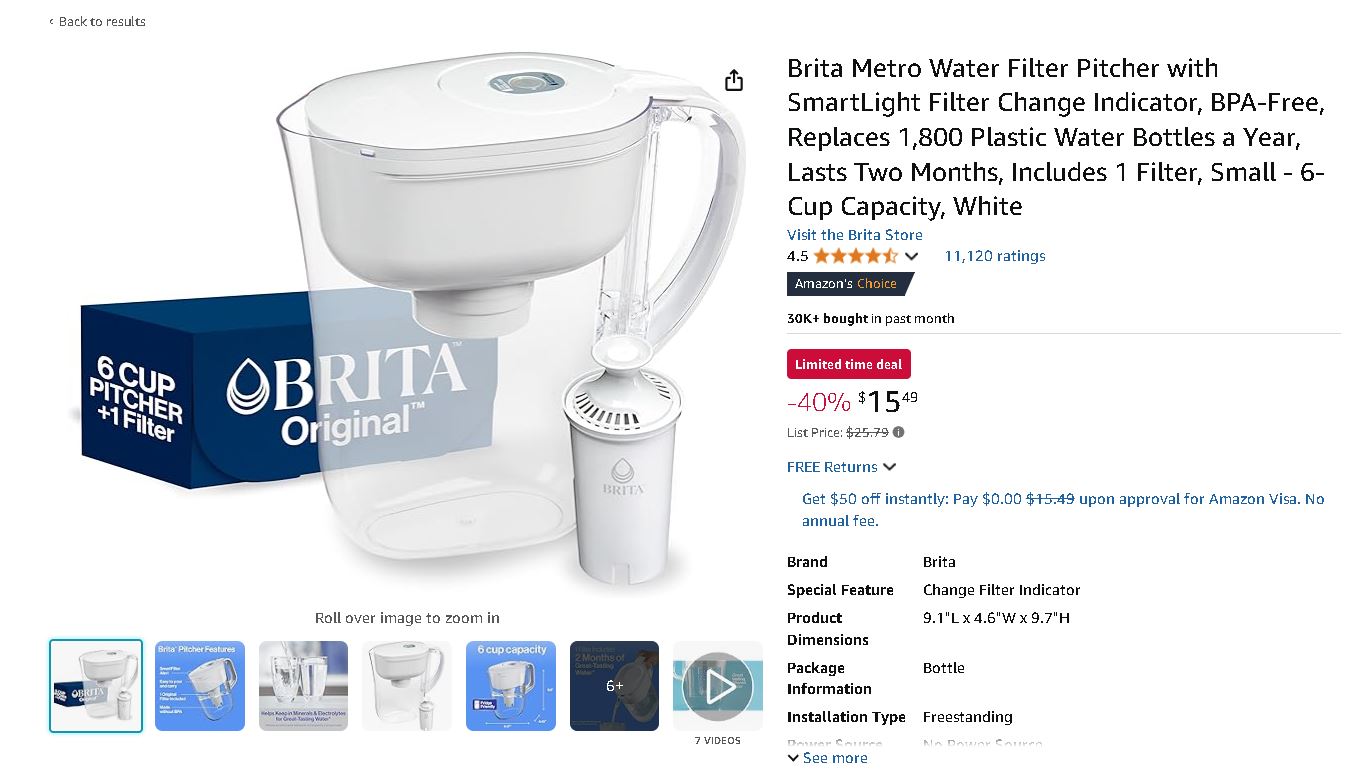Introduction
Microplastics, tiny plastic particles less than 5 millimeters in size, have become a pervasive environmental pollutant, contaminating air, water, and soil. A recent study highlighted by StudyFinds.org reveals an alarming new dimension to this crisis: microplastics have been detected in human brain tissue. This discovery raises significant concerns about the potential health impacts of microplastic exposure and underscores the urgent need for further research and action. This report summarizes the key findings and implications of the study.
Key Findings
- Presence of Microplastics in Brain Tissue:
- Researchers found microplastics embedded in brain tissue samples, suggesting that these particles can cross the blood-brain barrier, a protective layer that typically prevents harmful substances from entering the brain.
- The study identified various types of microplastics, including polyethylene (used in plastic bags and bottles) and polystyrene (used in packaging and disposable utensils).
- Potential Health Risks:
- The presence of microplastics in the brain raises concerns about their potential to cause neuroinflammation, cognitive impairment, and neurodegenerative diseases such as Alzheimer’s and Parkinson’s.
- Microplastics may also act as carriers for toxic chemicals and pathogens, exacerbating their harmful effects.
- Sources of Microplastic Exposure:
- Food and Water: Microplastics have been found in seafood, drinking water, and even table salt.
- Airborne Particles: Microplastics can be inhaled from dust and airborne pollution.
- Personal Care Products: Many cosmetics and cleaning products contain microbeads, which contribute to microplastic pollution.
- Global Prevalence:
- Microplastics have been detected in virtually every environment on Earth, from the deepest ocean trenches to the highest mountain peaks. Their presence in human tissues suggests that no one is immune to exposure.
Implications of the Study
- Public Health Concerns:
- The discovery of microplastics in brain tissue highlights the need for urgent research into their long-term health effects.
- Vulnerable populations, such as children and the elderly, may be at greater risk of adverse effects.
- Environmental Impact:
- The study underscores the interconnectedness of environmental and human health. Reducing plastic pollution is essential not only for ecosystems but also for public health.
- Regulatory Action:
- Governments and regulatory bodies must take stronger action to limit plastic production, improve waste management, and ban harmful microplastics in consumer products.
- Individual Responsibility:
- Consumers can reduce their exposure to microplastics by avoiding single-use plastics, using water filters, and choosing products free of microbeads.

Recommendations
- Further Research:
- More studies are needed to understand how microplastics enter the brain, their long-term effects, and potential ways to mitigate their impact.
- Policy Changes:
- Implement stricter regulations on plastic production and waste management.
- Ban the use of microplastics in personal care products and other consumer goods.
- Public Awareness:
- Educate the public about the risks of microplastics and how to reduce exposure.
- Promote sustainable alternatives to plastic, such as biodegradable materials.
- Global Cooperation:
- Address plastic pollution as a global issue, requiring international collaboration and shared solutions.
Conclusion
The discovery of microplastics in human brain tissue is a stark reminder of the far-reaching consequences of plastic pollution. As these tiny particles infiltrate our bodies and potentially harm our health, the need for immediate action has never been clearer. By advancing research, implementing stronger regulations, and promoting sustainable practices, we can protect both human health and the environment from the growing threat of microplastics.
Prepared by: FR Staff
This report is based on the article published by StudyFinds.org. For more details, refer to the original source.







Leave a Reply